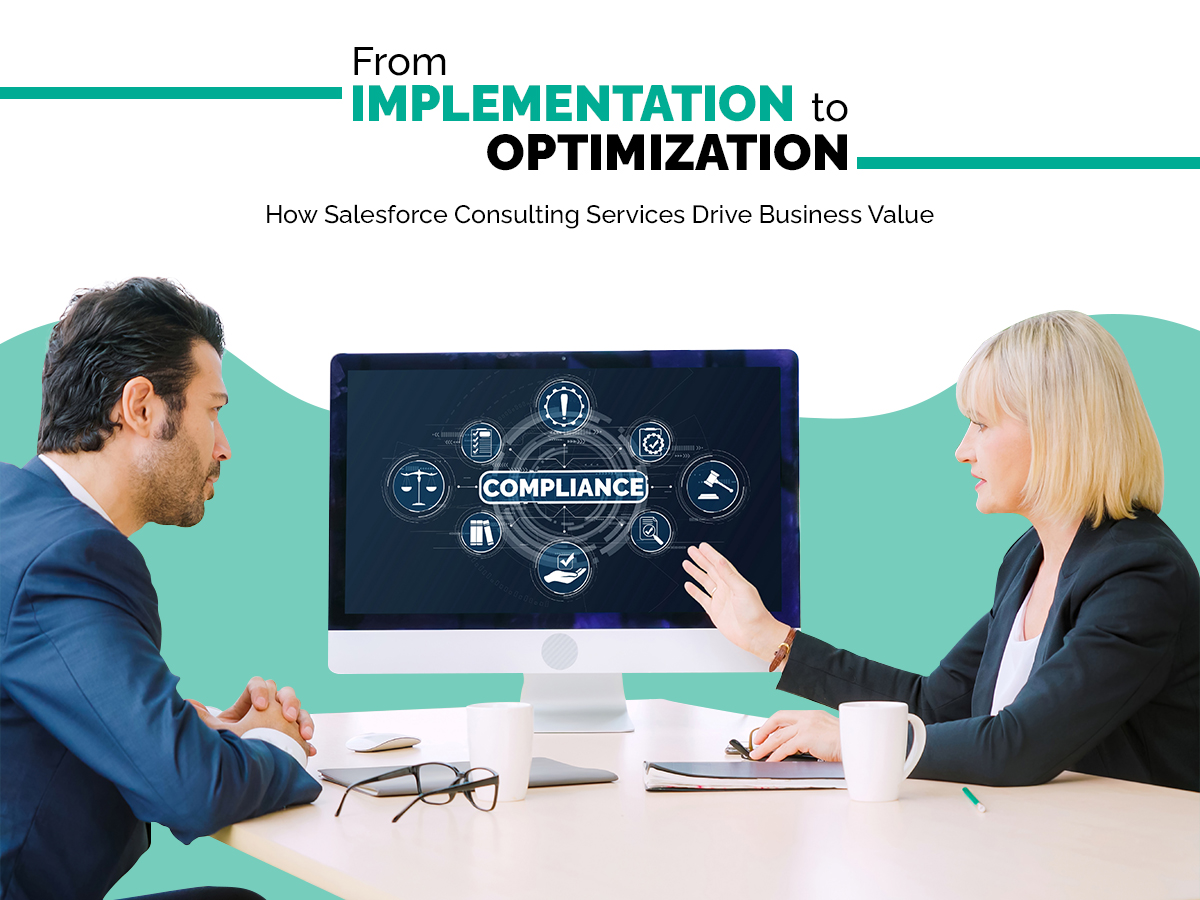Salesforce Pardot cloud vs. Marketing Cloud: Key Differences
In the world of digital marketing, it's crucial to pick the right tools to connect with your audience effectively. Salesforce, a big name in the business world, offers two powerful platforms for marketing: Pardot and Marketing Cloud.
They might sound similar, but they each have their own unique strengths. Think of it like choosing the right gear for a journey – you want the one that fits your needs the best.
In this blog, we're going to break down the main differences between Salesforce Pardot and Marketing Cloud. But don't worry, we'll keep it simple so you can easily decide which one is the right fit for your marketing adventure. Let's dive in!
Salesforce Pardot Cloud and Marketing Cloud
Let's kick off our journey by understanding the unique identities of Salesforce Pardot Cloud and Marketing Cloud.
Salesforce Pardot Cloud
Salesforce Pardot Cloud is a powerful marketing automation tool that empowers businesses to streamline their marketing efforts, from lead generation to nurturing and conversion.
It's designed to make marketing teams more efficient by automating repetitive tasks and providing insights into prospect behavior. Pardot is particularly adept at aligning marketing and sales teams, fostering collaboration for a more seamless customer experience.
Salesforce Marketing Cloud
On the other side of the spectrum, we have Salesforce Marketing Cloud, a comprehensive platform that goes beyond automation to encompass a wide array of marketing functions.
Marketing Cloud enables businesses to create personalized and targeted customer journeys across various channels, including email, social media, mobile, and web. It's a robust solution for orchestrating omnichannel marketing campaigns and gathering valuable insights to refine strategies.
Key Differences Between Pardot and Marketing Cloud
Let’s take your through the major key differences between Salesforce Pardot Cloud and Salesforce Marketing Cloud.
Focus and Scope
Pardot: Pardot is primarily geared towards B2B (business-to-business) marketing, excelling in lead generation, nurturing, and aligning marketing efforts with sales strategies.
Marketing Cloud: With a broader scope, Marketing Cloud caters to both B2B and B2C (business-to-consumer) marketing, offering a comprehensive suite of tools for creating personalized customer journeys.
Automation vs. Omnichannel Marketing
Pardot: It excels in marketing automation, providing features like lead scoring, email marketing automation, and analytics to enhance the efficiency of B2B marketing processes.
Marketing Cloud: This platform extends beyond automation to focus on creating seamless, personalized experiences across multiple channels, making it ideal for businesses aiming for omnichannel marketing excellence.
Industries and Use Cases
Pardot: Best suited for industries with longer sales cycles, complex decision-making processes, and a need for personalized B2B marketing, such as technology, finance, and manufacturing.
Marketing Cloud: Ideal for businesses looking to engage with consumers across diverse touchpoints, making it suitable for retail, e-commerce, and industries with a strong emphasis on direct customer relationships.
Integration Capabilities
Pardot: Seamlessly integrates with Salesforce CRM, facilitating smooth collaboration between marketing and sales teams.
Marketing Cloud: Offers extensive integration possibilities, allowing businesses to connect with a wide range of systems and data sources for a unified view of customer interactions.
Which Industries Are They Suitable For?
Pardot: Tailored for industries where relationship-building and personalized B2B marketing are crucial.
Technology companies, financial institutions, and manufacturing businesses can benefit significantly from Pardot's capabilities.
Marketing Cloud: Suited for industries that require a strong focus on customer experience and engagement across various channels.
Retail, e-commerce, and businesses with direct-to-consumer models can harness the power of Marketing Cloud for effective omnichannel marketing.
Techabled Consulting - Your Gateway to Salesforce Excellence
As an Authorized Salesforce Reseller, Techabled Consulting is committed to empowering businesses with the right tools for their marketing endeavors. Whether you're navigating the intricate landscape of B2B marketing with Pardot or embarking on a comprehensive omnichannel strategy with Marketing Cloud, we've got you covered. Our expertise extends beyond mere implementation – we're here to guide you on the journey to marketing success.
Conclusion
The decision between Salesforce Pardot Cloud and Marketing Cloud in the ever-changing world of digital marketing is based on your company's specific needs and goals.
Whether you're in the tech industry aiming for personalized B2B connections or managing a retail empire with diverse consumer touchpoints, making an informed decision is paramount. Techabled Consulting stands ready to assist you in navigating the Salesforce landscape, ensuring that your marketing efforts are not just effective but transformative for your business.
.jpg)
.jpg)



Comments
Post a Comment